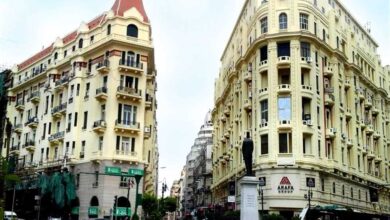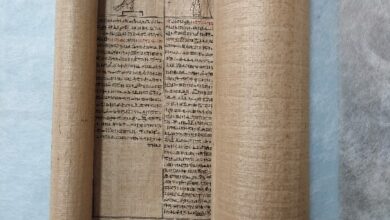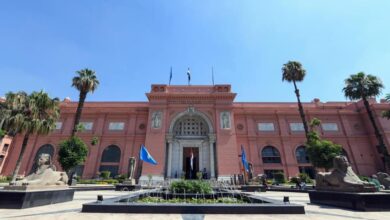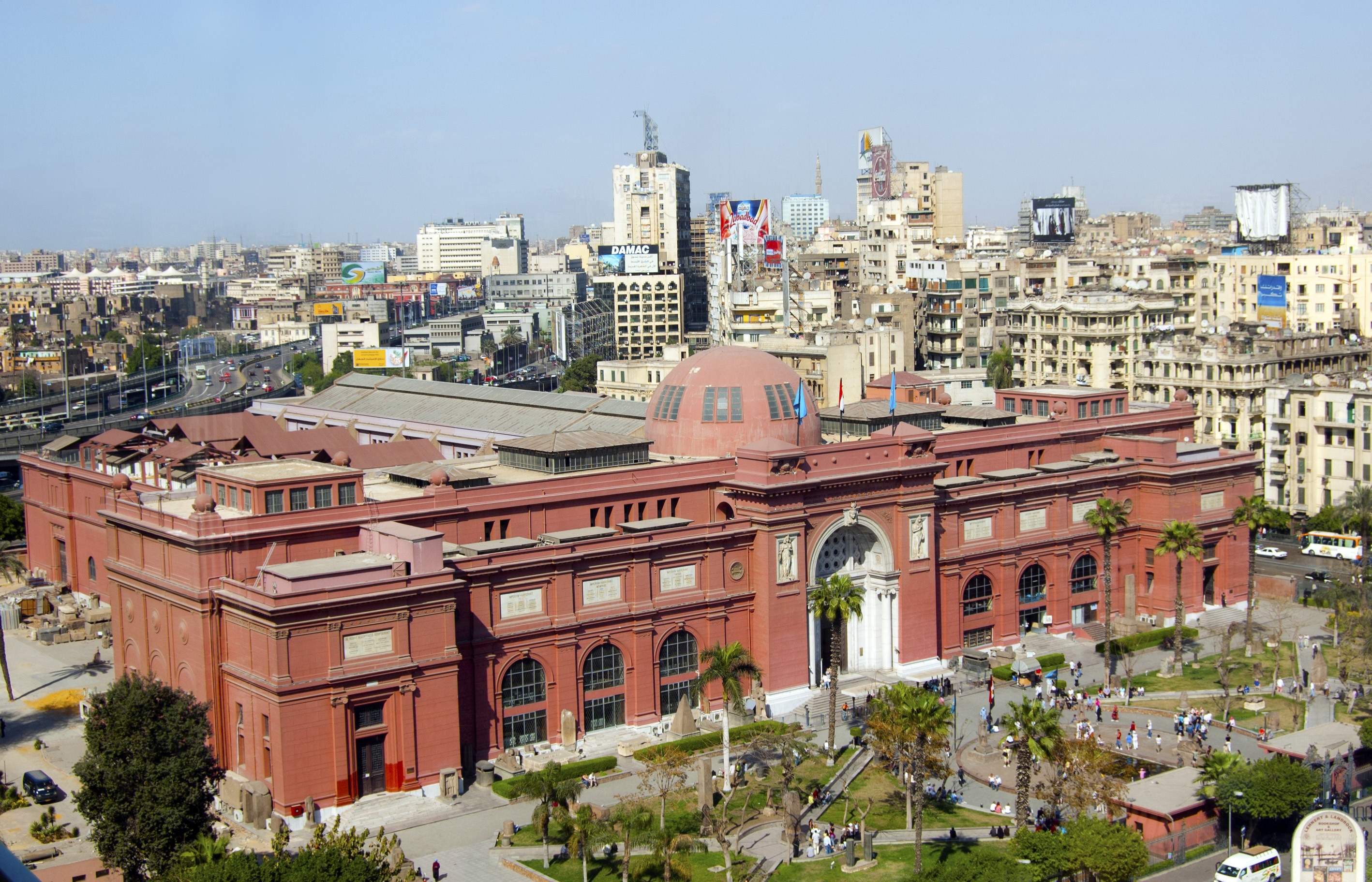
Placing the blame either on the ruling military council, police or the protesters themselves, Monday's papers try to dissect the confusing situation unfolding in Tahrir Square and other squares throughout Egypt, and to foresee its effect on the path of the Egyptian revolution and the elections that are supposed to take place within a week.
Independent newspaper Al-Tahrir focuses on the resemblance between the current clashes in the square and the clashes that took place in the early days of the January revolution in the presence of former President Hosni Mubarak and his notorious interior minister, Habib al-Adly, who are now both on trial for killing protesters.
Al-Tahrir argues that, with revolutionaries in the square, police forces brutally cracking down on them and Islamic forces abstaining from the protests, little has changed since January.
The paper’s editor-in-chief puts it plainly in an editorial titled “Is the Field Marshal following in Mubarak’s footsteps?” in which he blames the escalating violence on the ruling military council’s poor political judgment.
The latest injury count resulting from the violence that broke out Saturday in Tahrir Square and spread to Suez and Alexandria is 1114, according to independent paper Al-Shorouk. Today’s papers report a total of two deaths in the events, indicating that they went to print before being able to update their numbers to reflect the 22 deaths announced this morning, as live bullets were reportedly used in Tahrir last night.
With his eye on the elections that are now jeopardized by the escalating violence, the Wafd Party president takes another direction, appealing to the protesters in the square to abandon it and instead put their efforts into assuring the success of the upcoming elections.
As indolent as ever, Al-Ahram state newspaper publishes a spread with pictures of the violence in Tahrir Square compared to the sophistication of the elections, titled “Violence hijacks politics.” The pictures are supplemented by a poetic paragraph calling on the people to avoid violent confrontations and resort to political negotiations.
Contradictory reports emerge about the supra-constitutional bill proposed by Deputy Prime Minister Ali al-Selmy. The cancellation of the bill was the main demand of Islamic forces that dominated the square during Friday's protests.
Amid rumors of the bill being canceled or adjusted to please Islamists, Al-Ahram paper quotes Selmy denying rumors of canceling the bill, and Al-Shorouk also quotes him denying plans to adjust by replacing the word “civil” with “democratic” to coincide with Islamists’ wishes.
On the other hand, the independent newspaper Al-Dostour says that the elimination of the word civil has happened, and the paper reports the angry reactions of non-Islamic political forces.
Regarding the effect of the current violence on the upcoming elections, Al-Shorouk quotes the head of the high elections commission reassuring the public that the elections will take place on time and that the military and police are fully ready to secure it.
Al-Ahram reports an emergency cabinet meeting yesterday followed by a meeting between the cabinet and the ruling military council to discuss the situation.
Following the meeting, military council member Mohsen al-Fangary said that the elections would take place on time and warned against “abusing the issue of the martyrs and injured of the revolution,” Al-Ahram reports.
It said that during the meeting the interior minister denied that live fire has been used on protesters and called those apprehended by the police “rioters."
One angry reaction that came from the meeting, as reported by Al-Ahram, is that of Culture Minister Emad Abu Ghazi, who resigned in protest over the government’s handling of the situation.
While officials deny any wrongdoing and assure the public that the elections will take place on time, candidates are reportedly suspending their electoral campaigns in protest over the use of excessive force against protesters. Al-Ahram reports that potential presidential candidates Amr Hamzawy and George Ishaq, as well as the 25 January Revolution Youth Coalition and the Egyptian Bloc Alliance, are threatening to suspend their electoral campaigns in the event of the continued use of excessive force against protesters.
Al-Shorouk paper covers the reactions of presidential hopefuls, who all criticized the cabinet and the military council over the events.
It says the rapidly increasing number of casualties among protesters in Tahrir Square has turned public opinion against the ruling military council, as many people didn’t expect violence similar to that of the early days of the revolution to happen after the fall of Mubarak.
Fahmy Howeidy, a columnist for Al-Shorouk who had been urging people to be patient with the Supreme Council of the Armed Forces in his recent articles, used a noticeably harsher tone today. He blamed the council for the situation in Tahrir, saying:
“Nobody expected this to be happening eight months after the revolution; the military council that appeared to protect the revolution has now become a burden on it.”
Egypt's papers:
Al-Ahram: Daily, state-run, largest distribution in Egypt
Al-Akhbar: Daily, state-run, second to Al-Ahram in institutional size
Al-Gomhurriya: Daily, state-run
Rose al-Youssef: Daily, state-run
Al-Dostour: Daily, privately owned
Al-Shorouk: Daily, privately owned
Al-Wafd: Daily, published by the liberal Wafd Party
Youm7: Daily, privately owned
Al-Tahrir: Daily, privately owned
Freedom and Justice: Daily, published by the Muslim Brotherhood's Freedom and Justice Party
Sawt al-Umma: Weekly, privately owned
Al-Arabi: Weekly, published by the Nasserist Party




